Collaborative for Econometrics and Integrated Development Studies (CEIDS)
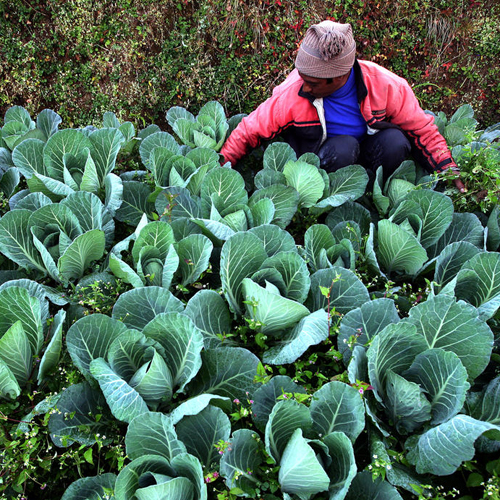
The Collaborative for Econometrics and Integrated Development Studies (CEIDS) is a community of researchers integrating shared Judeo-Christian faith and values with work that seeks to equip, evaluate, and encourage the relief and development arms of the global church.
Centered at the Ford Family Program within the Kellogg Institute for International Studies at the University of Notre Dame, the collaborative represents a growing global community of researchers based in the U.S., Africa, Latin America, and Europe. CEIDS forms a virtual network of scholars committed to activating the values of the community into research, service, and teaching in partnership with faith-based development organizations across the globe.
CEIDS holds a bi-weekly Friday online seminar in which affiliates and members present recent research papers, serving as a globally inclusive forum for the sharing of ideas. Research groups are formed around CEIDS initiatives that are often carried out in partnership with faith-based development organizations. CEIDS mentoring groups match senior and junior researchers across countries, meet monthly, and provide a space for both professional and spiritual growth. CEIDS also commissions annual review papers undertaken by affiliates and other members that seek to bridge the gap between the best current research in the development field and development practitioners in the faith-based development community.
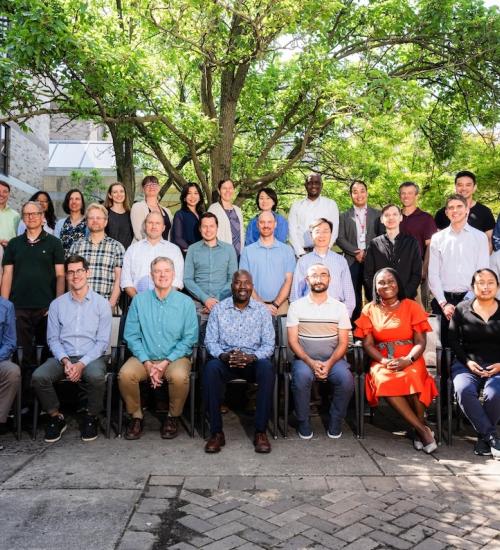
Mission
CEIDS is a community of researchers from many countries working together to equip, evaluate, and encourage the relief and development arms of the global church. Independently and in partnership with faith-based development NGOs, CEIDS seeks to foster research that incorporates an understanding of human dignity and human flourishing as articulated in Catholic social teaching. This approach recognizes the value of each person as stemming from the imago dei, that as a reflection of God’s image, each human being is innately valuable. This view of human flourishing and human development acknowledges the importance of traditional development outcomes such as health, education, and income, but also recognizes the importance of environmental stewardship, social-connectedness and community, mental health, relationship to God, and character values such as kindness, forgiveness and reconciliation, self-control, transparency, and truthfulness, not as means to economic ends, but as innate virtues in themselves, often more able to come to full fruition as economic needs become satisfactorily addressed.
Vision
The collaborative engages in three core areas of practice: research, service, and teaching.
First, CEIDS seeks to equip, evaluate, and support the work of faith-based development organizations by facilitating partnerships between these organizations and its own network of researchers. These partnerships aim to match practitioner needs with researcher interest and expertise. A primary goal of the collaborative is to serve the practitioner institutions of the church in the area of program evaluation such that they can carry out the most effective work possible both internationally and domestically. Modest research grants (and potentially outside grant funding) will be available to CEIDS members through the Ford program to facilitate collaborations between its community of researchers and faith-based development organizations.
Second, CEIDS encourages and facilitates research that acknowledges and studies the importance of normative values that strengthen human relationships and communities, taking a view of the human person that is articulated in the mission statements of many faith-based development organizations, and in many cases by the global poor themselves. In particular, CEIDS seeks to promote research related to this holistic view of human flourishing through a bi-weekly seminar in which members of the community present empirical development research, where presentations of research related to different aspects of human flourishing are especially encouraged.
Third, the CEIDS also seeks to develop a teaching platform. The collaborative aims to offer online hybrid classes as well as to develop a certificate program in social impact analytics. These classes will equip participating students and practitioners with the empirical tools to carry out statistical evaluation work related to development policies and program interventions. The collaborative aims to create a model of remote, in-person, and group learning that can be implemented both in the U.S. and internationally in low- and middle-income countries with overseas faculty affiliates and partner institutions.
Perhaps above all, CEIDS seeks to be a unique community, a place in which scholars come together virtually in regular seminars and conferences, and in person at an annual June retreat hosted by the University of Notre Dame. The collaborative provides a supportive community particularly for scholars of faith who aim to integrate their values and research. It aims to create spaces that foster strong and supportive friendships and working relationships in which the mentoring of graduate students and young scholars can occur naturally over shared values and interests. CEIDS mentorship groups and research groups that are intentionally comprised of researchers from different professional levels and geographical locations across the globe, but who share common research interests, are integral to developing this kind of supportive community. The mentoring and development of young scholars domestically and overseas who wish to integrate faith with research based in human dignity and human flourishing will be critical for the sustainability and growth of the community in the decades to come.
Leadership Team
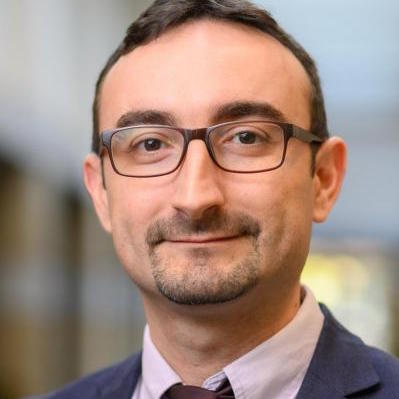
Patrizio Piraino
Partrizio is Professor of Education, Labor, and Development in the Keough School of Global Affairs and the Director of the Ford Program in Human Development Studies and Solidarity at the University of Notre Dame. In recent years he has worked on experimental evaluations, developing significant expertise in randomized control trials. For example, he has collaborated with government agencies and the World Bank to perform impact evaluations of alternative public services to promote youth work-readiness and employment.
Research areas: Labor and Migration; Education, Literacy, Vocational Training; Health and Nutrition; Gender Issues; Experimental Economics; Behavioral Economics and Psychology; Disaster Settings, Aid, and Relief
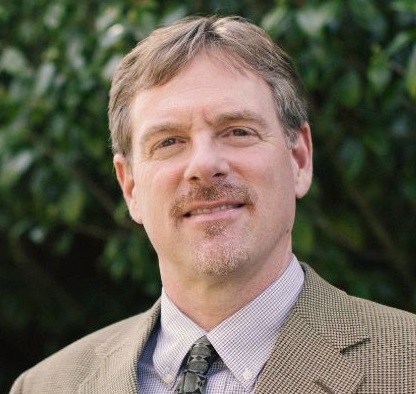
Bruce Wydick
Bruce is professor of economics and international studies at the University of San Francisco. He holds research affiliations with the Kellogg Institute of International Studies at the University of Notre Dame and the Center for Effective Global Action (CEGA) at the University of California at Berkeley. He is also the founder and co-director of Mayan Partners, a small non-profit organization working in the western highlands of Guatemala in the areas of education and community development.
Research areas: Education; Health and Nutrition; Microenterprise Development / Entrepreneurship; Experimental Economics; Behavioral Economics and Psychology; Culture and Identity

Jeffrey B
Jeff is a Research Fellow at the International Food Policy Research Institute (IFPRI) and a Ford Program Research Affiliate at the University of Notre Dame. His research focuses on applied development microeconomics with applications in agriculture, conflict, and psychology. He is also an Adjunct Professor at American University’s School of Public Affairs and Calvin University’s Global Campus, and he serves on the Editorial Board of Faith & Economics, an academic journal published by the Association of Chrisitan Economists.
Research areas: Experimental Economics; Behavioral Economics and Psychology; Agriculture and Rural Households; Food Security; Technology Adoption; Cash or In-Kind Transfers
Emily Conover
Emily is a Professor of Economics at Hamilton College. Her fields of specialization are development and labor economics. Her research interests include migration, health policy, political economy, and informal labor markets, among other topics in applied microeconomics. Much of her work examines interventions in Latin America.
Research areas: Labor and Migration; Health and Nutrition; Gender Issues; Political Economy; Cash or In-Kind Transfers
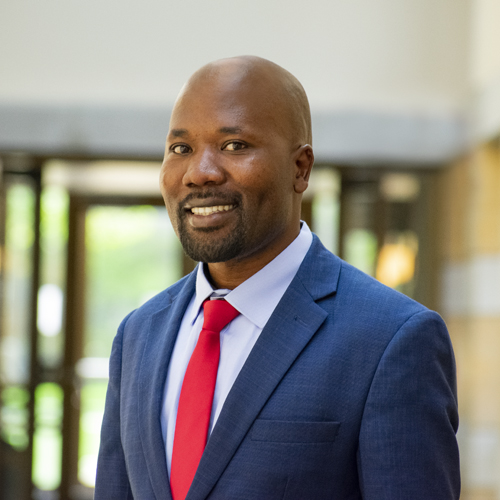
Maurice Sikenyi
Maurice is the assistant director of the Ford Program in Human Development Studies and Solidarity at the Kellogg Institute for International Studies. Hailing from Kenya, his research focuses on the intersections of education, armed conflict, and development in developing countries. His recent research projects have examined higher education and peacebuilding in Africa, teachers’ applications of local knowledge and innovative strategies to address barriers to better education outcomes, youth unemployment and peace in Africa, education in emergencies, and the role of school leadership and peer coaching in improving teacher performance.
Research areas: Education, Literacy, Vocational Training; Microenterprise Development / Entrepreneurship; Disaster Settings, Aid, and Relief
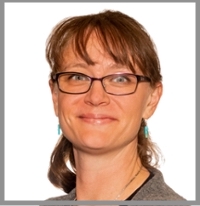
Kira Villa
Kira is an Associate Professor of Economics at the University of New Mexico with research interests in the areas of nutrition, health, and human development in the context of poverty (especially child poverty) and economic development. She is particularly interested in how characteristics and events during childhood and adolescence influence long-term economic well-being into adulthood and even across generations. She hails from Chicago and her favorite things (outside of economics) include baseball (Go Cubs Go!), knitting, jigsaw puzzles, Buffy, Avonlea, hiking, pie, New Mexico skies, her two dogs, and her family.
Research areas: Education, Literacy, Vocational Training; Health and Nutrition; Gender Issues; Disaster Settings, Aid, and Relief
Technical Advisors

Chris Barrett
Chris is an agricultural and development economist at Cornell University. He is the Stephen B. and Janice G. Ashley Professor of Applied Economics and Management, and an International Professor of Agriculture at the Charles H. Dyson School of Applied Economics and Management, as well as a Professor in the Jeb E. Brooks School of Public Policy, as well as a Fellow of the Cornell Atkinson Center for Sustainability and the Cornell Institute for Food Systems.
Research areas: Health and Nutrition; Environmental Issues / Sustainable Development; Microenterprise Development / Entrepreneurship; Behavioral Economics and Psychology; Agriculture and Rural Households; Food Security; Technology Adoption; Disaster Settings, Aid, and Relief; Cash or In-Kind Transfers
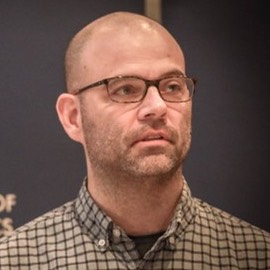
Scott Cunningham
Scott is the Ben H. Williams professor of economics at Baylor University. He studies a number of topics including mental healthcare, sex work, abortion and drug policy. He is the author of one of the newest and widely adopted texts in econometrics: Causal Inference: The Mixtape.
Research areas: Labor and Migration; Health

Joseph P. Kaboski
Joe is the David F. and Erin M. Seng Foundation Professor of Economics in the Department of Economics at the University of Notre Dame. His research focuses on growth, development and international economics, with an emphasis on structural change, finance and development, schooling and growth, microfinance, explaining international relative price patterns, and the role of inventories in international trade. He has consulted for the Federal Reserve Banks of Chicago, Minneapolis, and St. Louis; the World Bank; the International Monetary Fund; and is a Senior Advisor and Board Member to the research department of the Central Bank of Armenia. He is the president of CREDO, a past consultant to Catholic Relief Services, and is currently a Consultant to the USCCB, Committee on Domestic Justice and Human Development.
Affiliates
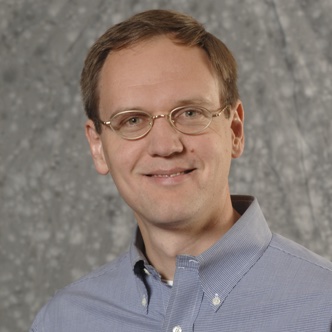
Christian Ahlin
Chris is a professor of economics at Michigan State University and an affiliate of ThReD and BREAD. His work has examined the underpinnings of the success of microfinance, and microfinance in macroeconomic context. He has also done research on corruption and its impact on development, and inequality. He lived in Kazakhstan for a year and in Russia for several months with his family. Outside of economics, he enjoys time with family, green grass (soccer or golf), and the debates in his book group.
Research areas: Microenterprise Development / Entrepreneurship; Political Economy; Credit markets
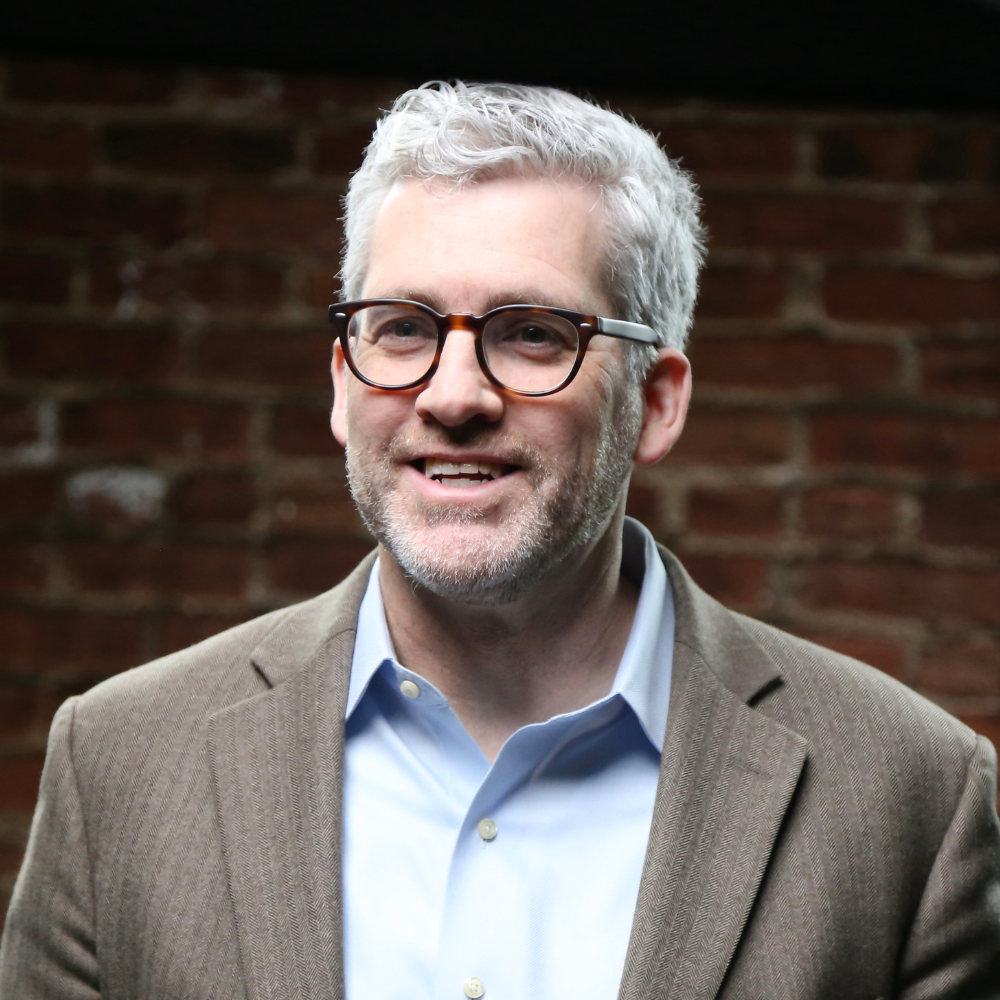
Kent Annan
Kent is Co-director of the Humanitarian Disaster Institute at Wheaton College, which includes an M.A. in Humanitarian and Disaster Leadership program. He co-founded Spiritual First Aid and co-hosts The Better Samaritan podcast. His books include You Welcomed Me, Slow Kingdom Coming, After Shock, and Following Jesus Through the Eye of the Needle. He writes for national publications and speaks regularly around the country. He lives near Chicago with his wife and two children.
Research interests: Disaster settings, relief interventions, the intersection of humanitarian work and theology, life writing, and pedagogy for humanitarian work
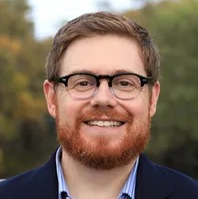
Jamie Aten
Jamie is the Founder and Co-Director of Humanitarian Disaster Institute and the Blanchard Chair of Humanitarian and Disaster Leadership at Wheaton College. Personally, he is both a Hurricane Katrina and late-stage early onset cancer survivor. Professionally, as a disaster psychologist he has responded to and researched disasters and mass traumas around the globe. He has written and/or edited 9 books and over 150 scholarly publications, including in some of the top peer-reviewed journals in the psychology field.

Rebecca Nana Yaa Ayifah
Rebecca is a lecturer at the Department of Economics, University of Ghana and a Senior Fellow of the African Institute for Development Research and Evaluation (AIDRE). She holds B.A. and MPhil degrees in Economics from the University of Ghana and a PhD degree in Economics from the University of Cape Town in South Africa. She teaches both microeconomics and macroeconomics at the undergraduate level, agricultural economics, the economy of Ghana, as well as advanced microeconomics at the graduate level. Her research is in the areas of political economy, labor, education, health, and applied econometrics. She has a special interest in impact evaluation of programmes that focus on poverty, inequality, religion, and gender.
Researchareas: Labor and Migration; Education, Literacy, Vocational Training; Health and Nutrition; Gender Issues; Experimental Economics; Political Economy; Cash or In-Kind Transfers
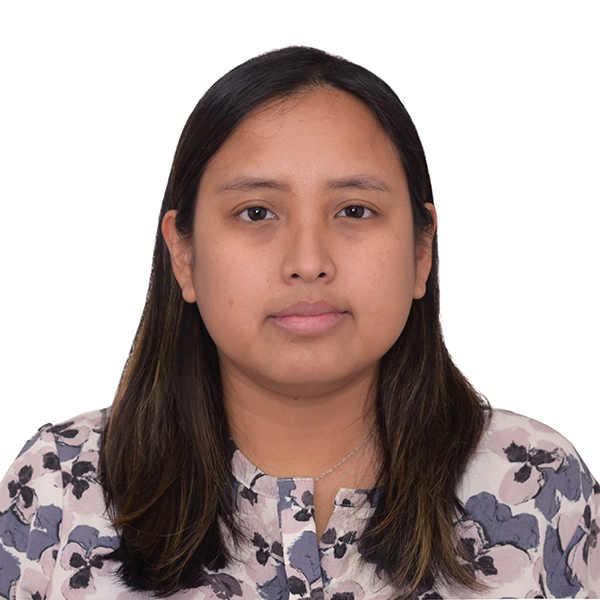
Muchin Bazan
Muchin is a Prevention Effectiveness Fellow at the Centers for Disease Control and Prevention and Lecturer at Universidad de Piura. She received her Ph.D. in Economics from Virginia Tech and master in Economics from the University of Warwick. Her research lies in the intersection of Public Health and Development and current research agenda focuses on the determinants of gender disparities in enrollment in STEM fields, the effect of in-utero and early in life shocks on educational outcomes, how role models affect gender norms and students' career choices, and impact evaluation and cost analysis of workforce development programs.
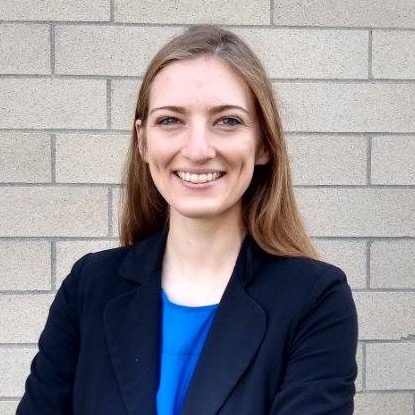
Katie MacDermid Bollman
Katie is an Assistant Professor of Economics at Oregon State University and a faculty affiliate of the Lab for Economic Opportunities at Notre Dame. As an applied microeconomist, she studies policies and events that affect vulnerable groups. To this end, she is currently studying the effects of technology and regulatory changes on criminal courts.
Research areas: Labor and Migration; Health and Nutrition; Experimental Economics; Culture and Identity; Cash or In-Kind Transfers
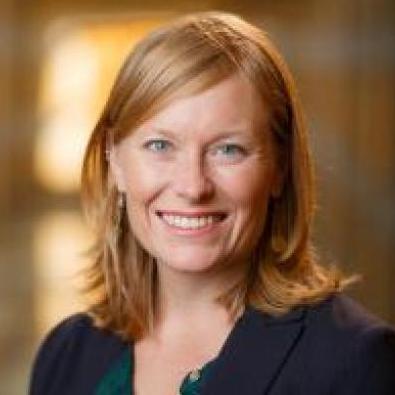
Danice Brown Guzmán
Danice is the Associate Director of Evidence and Learning with the Pulte Institute for Global Development, at the University of Notre Dame. Her primary research interests are in measuring social cohesion, trust and collaboration, but she works across many sectors and geographies conducting impact evaluations using rigorous causal designs. She leads the USAID-funded Expanding the Reach of Impact Evaluation (ERIE) mechanism, which conducts on retrospective long-term impact evaluations using innovative methods to identify counterfactuals after a project's close. Danice has led data collections in Burkina Faso, Ghana, Benin, Nigeria, Uganda, Tanzania, Kenya, Rwanda, Malawi, Zimbabwe, Israel and the Palestinian territories, Bosnia-Herzegovina, Nepal, Bangladesh, Peru, Colombia, and Haiti. She holds a masters degree in Public Policy and a certificate in International Development from Duke University and a bachelor's degree in Anthropology from the University of Notre Dame.
Research areas: Development Economics; Education; Food Security; Humanitarianism; Nutrition; Gender; Resilience; Local Governance; Microfinance; Peacebuilding
TJ D’Agostino
TJ, Ed.D. is a member of the Faculty with the Pulte Institute for Global Development in the Keough School for Global Affairs at the University of Notre Dame. He works at the intersection of research, policy, and practice in educational development. His scholarship focuses on comparative education policy, faith-based schools, early grade literacy, multilingual education, and systems improvement. He currently leads two cross national studies on language policy and literacy. He has a doctorate in Education Leadership and Policy from Vanderbilt University and a B.A. and M.Ed. from the University of Notre Dame.
Research areas: Education, Literacy, Vocational Training; Development NGO Operations

Cecilia Fosser Deschenes
Cecilia, PhD, is Lead Data Scientist at Love Justice International (May 2024–present), where she applies quantitative modeling, impact evaluation, and risk analytics to combat human trafficking in partnership with field practitioners. She previously served as an assistant teaching professor in business analytics at the University of Rhode Island and held senior quantitative roles at Cytel and Pfizer. Trained in applied mathematics (PhD, University of Arizona), her work integrates rigorous statistical methods with faith-aligned development practice.
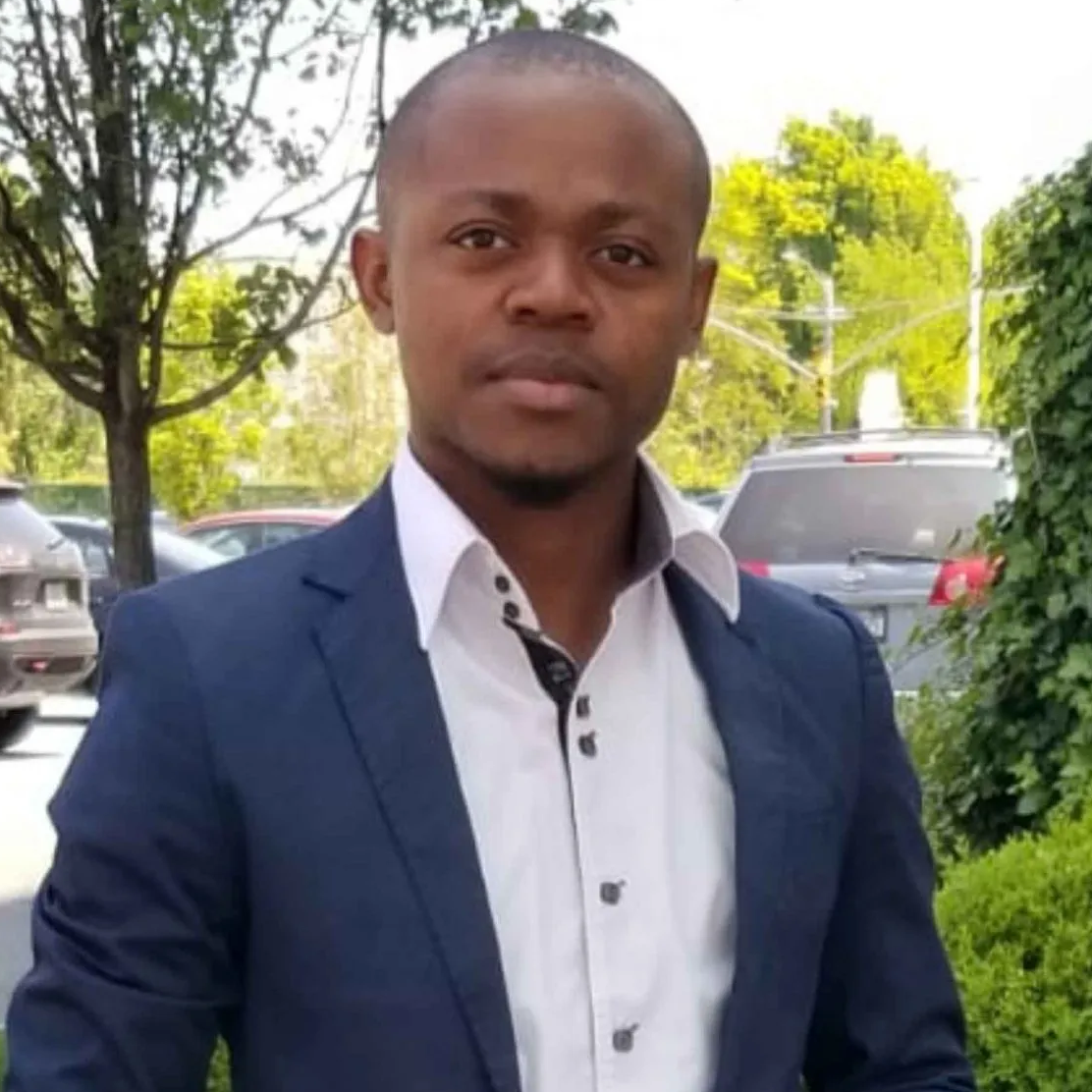
Berenger Djoumessi
Berenger is a Ph.D. graduate in Applied Economics from the University of Minnesota, and currently works as a Research Scientist at Meta. His research interests are at the intersection of development economics, agricultural and environmental economics, particularly in how income and natural shocks affect individuals’ and households' outcomes and how they adapt to these shocks.
Research areas: Tech
David Echeverry
David is an assistant professor of business at Universidad de Navarra, where he teaches finance courses to undergrad students. Echeverry's current research is about information frictions in securitization markets. He also work on structural models of individual behavior using lab-in-the-field data.
His research interests cover financial inclusion, peer effects and climate finance, and Catholic Church real estate.
Research areas: Education, Literacy, Vocational Training; Experimental Economics; Technology Adoption; Cash or In-Kind Transfers
Paul Glewwe
Paul is a Distinguished McKnight University Professor in the Department of Applied Economics at the University of Minnesota. His research focuses on education in developing countries, especially the factors that determine academic outcomes in primary and secondary schools. He also conducts research on malnutrition, inequality and poverty in developing countries. He has conducted research on Brazil, China, Côte d’Ivoire, Ghana, Honduras, India, Jamaica, Jordan, Kenya, Madagascar, Malaysia, Morocco, Nepal, Peru, the Philippines, Sri Lanka, Thailand and Vietnam.
Research areas: Labor and Migration; Education, Literacy, Vocational Training
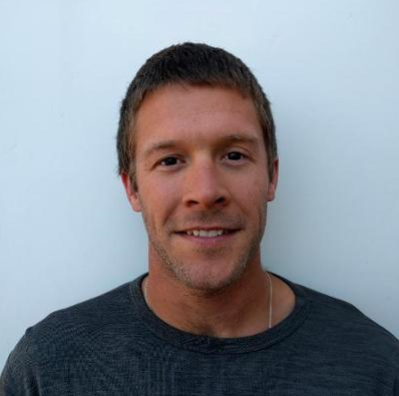
Austin Jurgensmeyer
Austin currently co-leads Compassion International’s Monitoring, Evaluation, Research and Learning team charged with identifying and improving the effectiveness of Compassion’s programs globally. He holds a Masters degree and Bachelor of Science in mechanical engineering from Colorado State University. Although beginning his career in aerospace engineering, he has transitioned to practitioner work in the areas of affordable housing design, and work as a field intelligence operative to combat human trafficking. Since 2019 he has worked with Compassion International in the area of data-informed decision making in the service of children and international development.
Research areas: Education, Literacy, Vocational Training; Health and Nutrition; Water and Hygiene Promotion; Environmental Issues / Sustainable Development; Microenterprise Development / Entrepreneurship; Gender Issues; Culture and Identity; Agriculture and Rural Households; Food Security; Technology Adoption; Development NGO Operations; Disaster Settings, Aid, and Relief; Cash or In-Kind Transfers
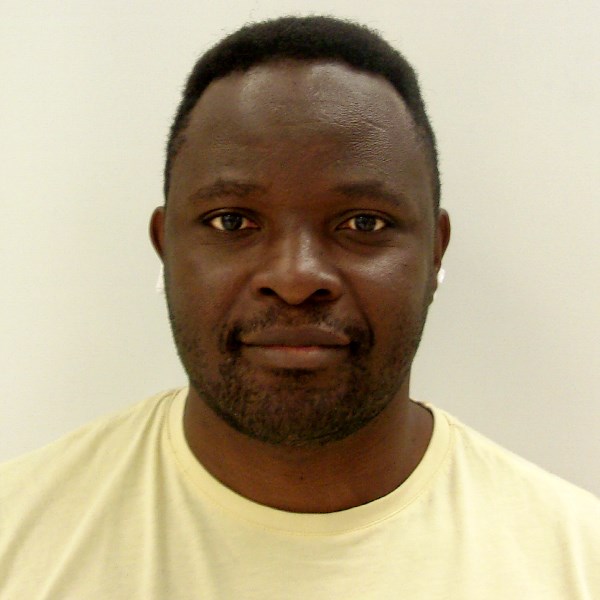
Allan Kakinda
Allan is a Senior Manager at Compassion International with over 10 years of experience in program management and monitoring and evaluation. He has worked with international NGOs and managed multi-country projects funded by organizations like USAID, DFID and the Gates Foundation. Allan is known for his innovative thinking, strategic mindset, and passion for learning. His skills include monitoring and evaluation, program design, data visualization, and project management. Allan holds an MBA from Edinburg Business School and is currently pursuing a MicroMasters Program in Data, Economics, and Development Policy. He has published papers on topics including Contraceptive user groups, Unconditional Cash Transfers and COVID-19 KAP in Uganda.
Research areas: Education, Literacy, Vocational Training; Water and Hygiene Promotion; Environmental Issues / Sustainable Development; Microenterprise Development / Entrepreneurship; Behavioral Economics and Psychology; Agriculture and Rural Households; Food Security; Disaster Settings, Aid, and Relief; Cash or In-Kind Transfers
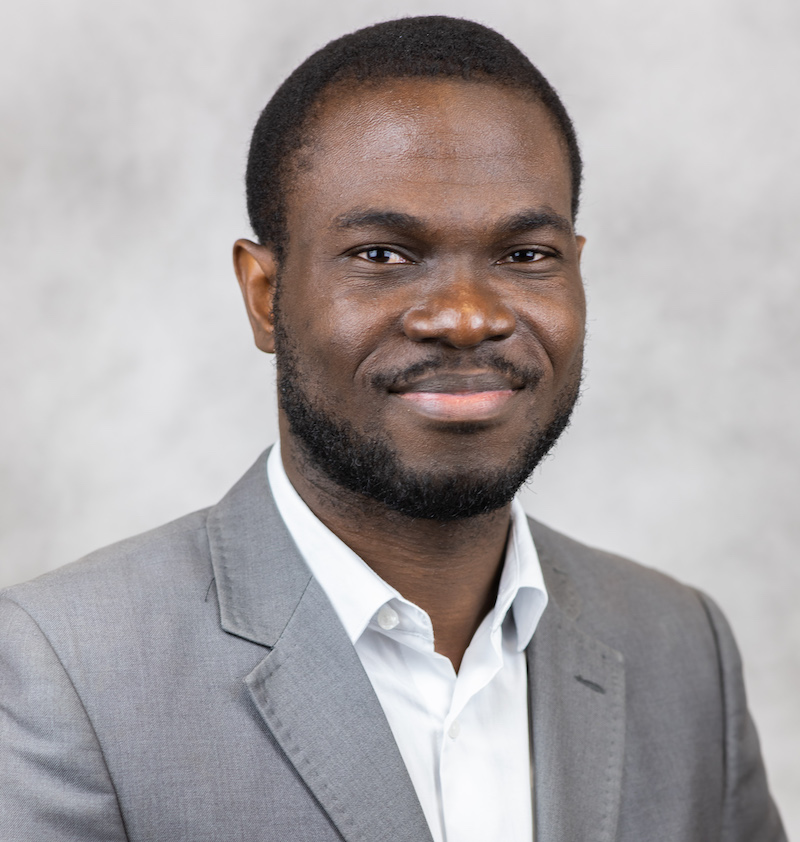
Ange Kakpo
Ange is an Assistant professor of Economics at Seattle Pacific University where he teaches Principles of Microeconomics, Intermediate Microeconomics, Intermediate Macroeconomics, Statistics and Development Economics. His research investigates how extreme weather conditions affect agricultural production, market price, household migration, and health outcomes in Sub-Saharan Africa (SSA). Ange’s research also explores topics in environmental economics, food security, labor economics, education, agricultural technology adoption, and land access.
Research areas: Development Economics; Climate Change; Labor Economics, Food Security, Migration, Land Access
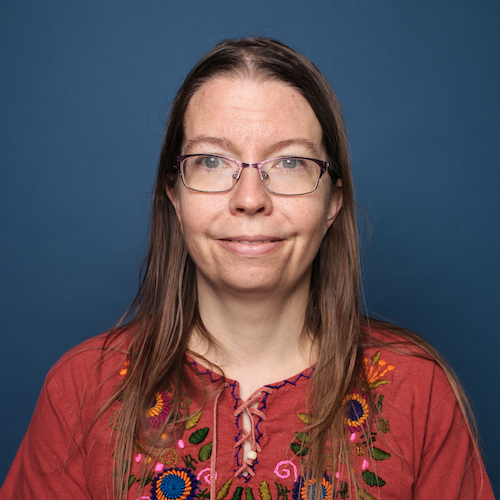
Jeanne Lafortune
Jeanne is a Full Professor in the Department of Economics at Pontificia Universidad Catolica de Chile. She was previously an assistant professor at the University of Maryland-College Park. She is a faculty affiliate in JPAL and a research fellow at IZA. She obtained her PhD in Economics from MIT in 2008, after a BA from McGill University and an MA from University of Toronto. She is a co-editor at the Journal of Demographic Economics, an associate editor at the American Economic Journal: Public Policy and at the Journal of Human Resources, a member of the Editorial Board of Cliometrica and the secretary of the Latin American Standing Committee of the Econometrics Society. Her primary fields of interest are labor and development economics, with a particular focus on family economics. She has studied the interaction between educational and marriage decisions; the role of commitment within cohabiting and marital relationships; how economies adapt to the arrival of immigrants, in an historical setting and how information interventions can improve the welfare of workers and entrepreneurs.
Research areas: Labor and Migration; Education, Literacy, Vocational Training; Microenterprise Development / Entrepreneurship;Gender Issues

Lincoln Lau
Lincoln is the Director of Research at International Care Ministries, an Assistant Professor at the Dalla Lana School of Public Health, University of Toronto, and an Adjunct Assistant Professor at the School of Public Health Sciences, University of Waterloo. His background is originally in infectious disease epidemiology, but his research now covers a range of topics including global health, poverty alleviation programs, social networks, early-childhood education, and faith-based community interventions. He was born and raised in Japan, and has subsequently lived in Canada, Hong Kong, Bangladesh, and the Philippines.
Research areas: Education, Literacy, Vocational Training; Health and Nutrition; Microenterprise Development / Entrepreneurship; Agriculture and Rural Households; Food Security; Development NGO Operations; Cash or In-Kind
Mengqi (Mandy) Liu
Mandy is an Assistant Professor of Economics at Gordon College. Her primary research interests lie at the intersection of development and health economics with a concentration on human capital, and child and adolescent well-being. Within these areas her research examines the role of environmental shocks, health investments, and school infrastructure in influencing child and adolescent well-being in developing countries.
Research areas: Labor and Migration;Education, Literacy, Vocational Training; Health and Nutrition; Water and Hygiene Promotion; Environmental Issues / Sustainable Development; Gender Issues; Behavioral Economics and Psychology; Disaster Settings, Aid, and Relief
Travis Lybbert
Travis is a professor at the University of California, Davis in the Agricultural & Resource Economics Department and works on topics in applied microeconomic ranging from poverty dynamics, climate change and childhood nutrition to digital financial services, financial inclusion, technology adoption, and innovation policy. Collaborating with researchers, students, NGOs, governments, and private firms, he has lived and worked in India, Haiti, and throughout Sub-Saharan Africa, North Africa, and Europe. He served as Co-Editor of the American Journal of Agricultural Economics and was a Fulbright Scholar in Morocco before earning his Ph.D. (2004) in Applied Economics from Cornell University. He is an Affiliate of the Center for Effective Global Action at UC Berkeley.
Research areas: Education, Literacy, Vocational Training; Health and Nutrition; Microenterprise Development / Entrepreneurship; Gender Issues; Experimental Economics; Behavioral Economics and Psychology; Culture and Identity; Agriculture and Rural Households; Food Security;Technology Adoption

Krisha Lim Mar
Krisha serves as the Director of Impact of International Care Ministries where she focuses on bridging research and operations. She collaborates closely with the Research team in designing and analyzing studies that evaluate ICM's programs in health, livelihood, faith formation, and education. Krisha holds an MSc in Agriculture and Resource Economics at the University of Alberta and BA in Economics and International Relations at the University of British Columbia. She has also consulted for Innovations for Poverty Action and the World Bank and taught data analytics at the University of British Columbia.
Research areas: Education, Literacy, Vocational Training; Health and Nutrition; Microenterprise Development / Entrepreneurship; Development NGO Operations; Faith/values formation
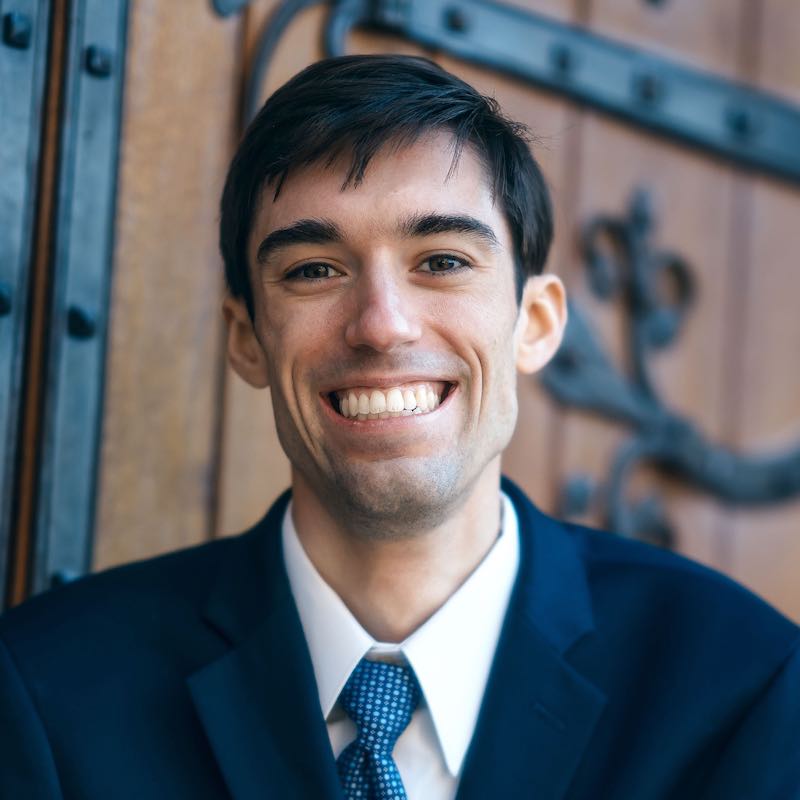
Chris Mills
Chris is an Assistant Professor of Economics at the University of Notre Dame and an affiliate of the Wilson Sheehan Lab for Economic Opportunities (LEO). His research focuses on topics in labor and public economics. He uses experiments and linked administrative data to improve public and nonprofit service delivery, particularly pertaining to children and families. Chris completed his Ph.D. in Economics at Princeton University.
Research areas: Labor and Migration; Health and Nutrition; Experimental Economics; Culture and Identity; Cash or In-Kind Transfers

Mark Murithi
Mark is a Tutorial Fellow in the School of Business and Economics at Masinde Muliro University of Science and Technology in Kenya, where he teaches undergraduate courses in Economics, including Introduction to Microeconomics, Intermediate Macroeconomics, Basic Economics, Public Finance & Policy, Mathematics for Economists and Statistics. He has also worked in Kenyan's Banking and Insurance Industry for over ten years. Mark holds a B.A and Masters of Economics from Kenyatta University and his research interests are in Labour Economics, Education, Development Economics and Health Economics.
Research areas: Labor and Migration
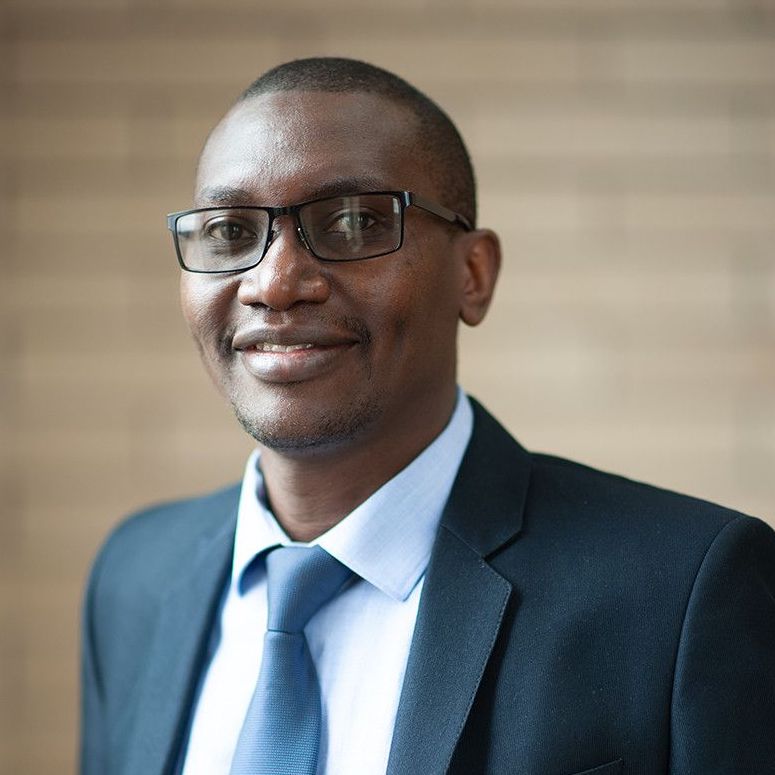
Singumbe Muyeba
Singumbe is an Assistant Professor at the Josef Korbel School of International Studies at the University of Denver. He teaches graduate course in Economics of Development, Political Economy of Sustainable Development in Africa, Inequality and Inclusive Economic Growth, and African Development - an undergraduate course. He also teaches a field research on the research practicum in Nairobi. His research interests are in property rights, homeownership, and slum upgrading, institutions, foreign aid and homelessness. He has published a book on Globalization and Africa and journal articles in top tier journals in urban affairs. He earned a PhD at the University of Cape Town and attended Yale University as a fox International Fellow.
Research areas: Health and Nutrition; Environmental Issues / Sustainable Development; Experimental Economics; Political Economy; Disaster Settings, Aid, and Relief
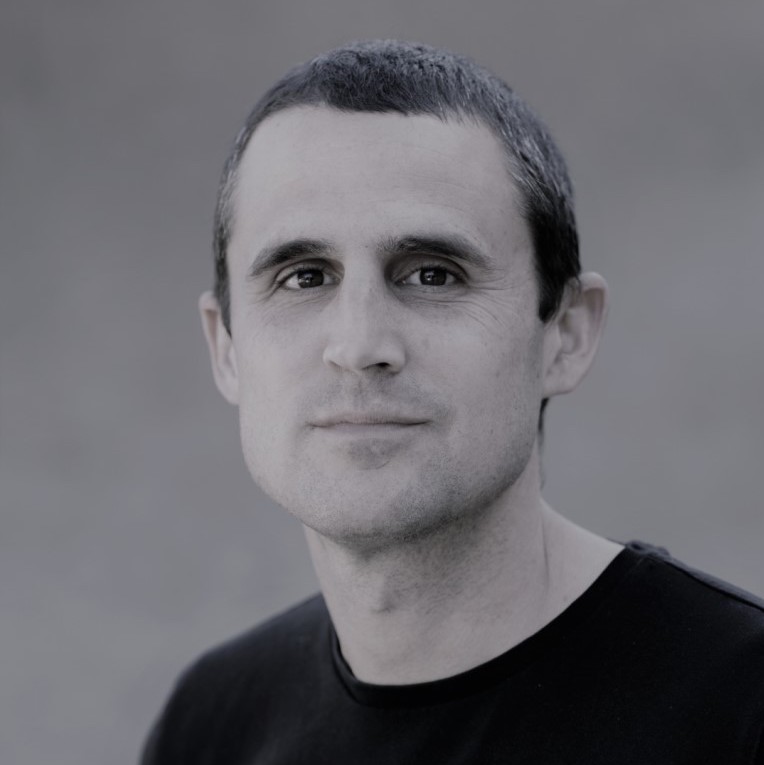
Paul Niehaus
Paul is an economist and entrepreneur working to accelerate the end of extreme poverty. He is an associate professor of economics at UC San Diego and an affiliate of the Center for Effective Global Action (CEGA) at the University of California Berkely and J-PAL. His research examines the design, implementation, and impact of anti-poverty programs at large scales. He is also co-founder, former president, and current director at GiveDirectly the leading international NGO specialized in digital cash transfers.
Research areas: Environmental Issues / Sustainable Development; Political Economy; Cash or In-Kind Transfers; State capacity
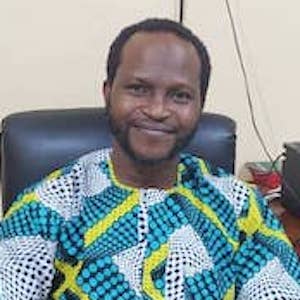
Iredele Ogunbayo
Iredele is a Senior Researcher and Administrative Manager at the Innovation Lab for Policy Leadership in Agriculture & Food Security (PiLAF), University of Ibadan. He is a recipient of the Structural Transformation of African and Asian Agriculture and Rural Spaces (STAAARS+) Fellowship 2022/2023 Cohorts Award. He holds BSc and MSc degrees in Agricultural Economics from the University of Ibadan. He also holds an MBA degree from the Obafemi Awolowo University, Ile Ife. Currently, he is a doctoral student at the Centre for Petroleum, Energy Economics and Law, University of Ibadan. He has strong interest in understanding the nexus between energy and agriculture in addition to energy utilization within the agricultural value-chain as well as food security issues. He has been a Coordinator for several projects funded by USAID and implemented by MSU, majority of which were under the Feed the Future Nigeria Agricultural Policy Project. He has served as a consultant to World Fish, Malaysia. Prior to venturing into research, he had a successful ten-year experience in the Nigerian Banking industry.
Research areas: Environmental Issues / Sustainable Development; Agriculture and Rural Households; Food Security; Energy, Resilience, Climate Change
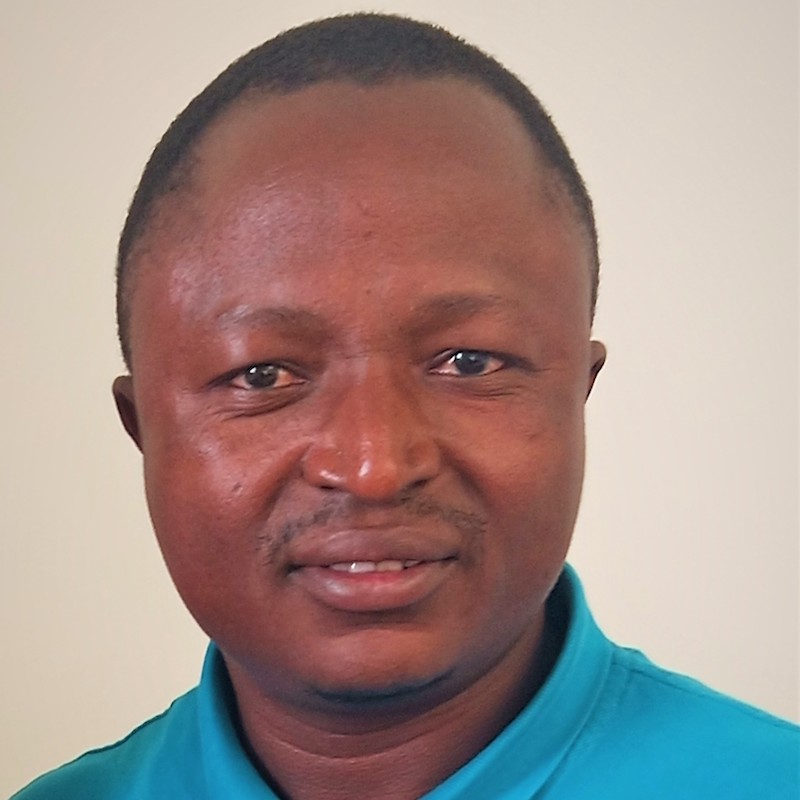
Nathaniel Siji Olutegbe
Nathaniel works in the Department of Agricultural Extension and Rural Development, University of Ibadan, Nigeria as a researcher and teacher. He earned a PhD degree (Rural Development) of the University of Ibadan, Nigeria in November, 2017 and had in the past held consultancy positions with the International Institute of Tropical Agriculture, (IITA) Ibadan, Nigeria on Gender Norms and Agency Studies in Nigeria for both maize and cassava. Dr Olutegbe teaches Theory of Rural Social Change, Programme Planning and Evaluation, Statistics for Rural Development Studies, among others in the University of Ibadan. His research interest is rural socioecological systems, with emphases environmental, social and economic stressors/shocks such as climate change, conflict, health shocks and implications of each to food security, poverty and general wellbeing. Nathaniel was a fellow in the 3rd cohort of the STAAARS+ programme and a Visiting Fellow to the Dyson School of Applied Economics and Management at Cornell University in 2022.
Research areas: Health and Nutrition; Water and Hygiene Promotion; Environmental Issues / Sustainable Development; Gender Issues; Experimental Economics; Agriculture and Rural Households; Food Security; Technology Adoption; Development NGO Operations; Cash or In-Kind Transfers
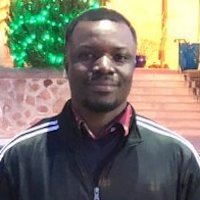
Stephen Owusu
Stephen is a PhD Candidate in Economics at the University of New Mexico. His research interests are in economics of education, development economics, and applied econometrics; he also enjoys interdisciplinary work. Having worked on Adolescent Substance Use Reduction Effort – Treatment Implementation project, he is currently working on the New Mexico FOCUS Medication-Assisted Treatment – Prescription Drug and Opioid Addiction Expansion project. Both projects with the Division of Community Behavioral Health, UNM School of Medicine.
Research areas: Education, Literacy, Vocational Training; Health and Nutrition
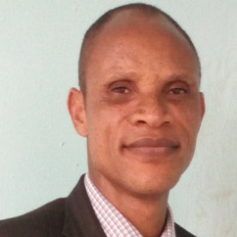
Benjamin Olusegun Oyelami
Benjamin, Ph.D is a Communication Manager/Researcher at the Innovation Lab for Policy Leadership in Agriculture and Food security (PiLAF), University of Ibadan, Nigeria. He is a member of RuSAN, AESON, and CEIDS. His research interest is in Agricultural Policy, Resilience, Climate-smart and Digital agriculture, Agricultural entrepreneurship, Value chain extension, and Rural Development. He has worked extensively among Nigerian farmers and the rural folks. He is a recipient of the University of Ibadan Postgraduate Teaching and Research Assistantship Award in 2019 and the Structural Transformation of African Agriculture and Rural Spaces (STAARS+) Fellowship 2022/2023 Cohorts Award.
Research areas: Agriculture and Rural Households; Food Security; Technology Adoption; Disaster Settings, Aid, and Relief; Cash or In-Kind Transfers; Agricultural Policy, Resilience and Climate-smart & Digital Agriculture
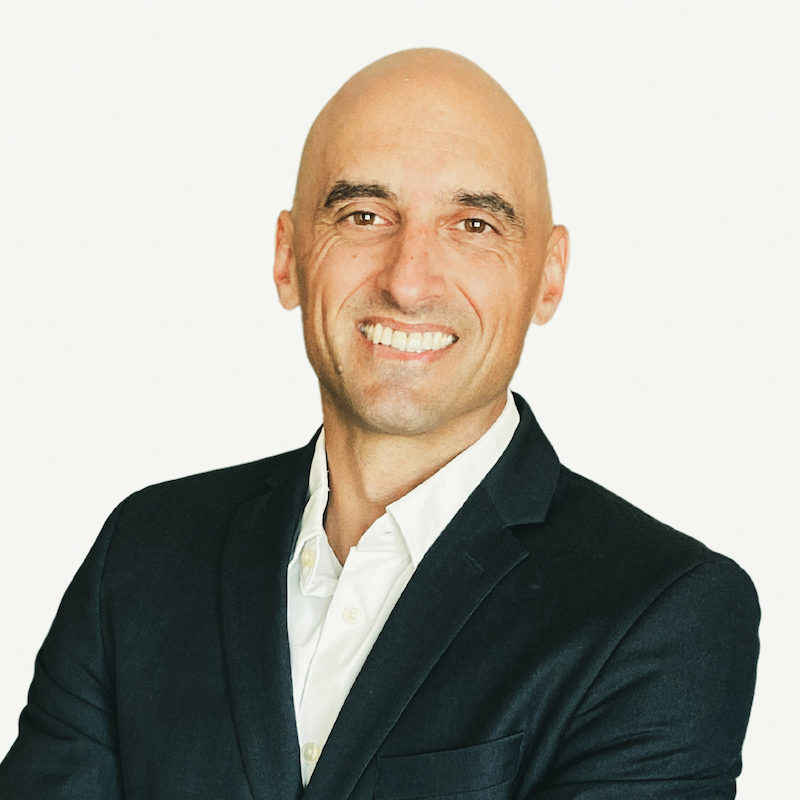
Jason Paltzer
Dr. Jason is the Executive Director of The Meros Center and visiting professor at Wisconsin Lutheran College. The Meros Center is a research and training community for Christian health ministry. He has 20 years of experience working alongside global faith-based health organizations and local churches to develop, implement, and study community strategies integrating spiritual and physical determinants of health. His research focuses on substance use screening and intervention for use in community-based settings that leverage community and faith-based partnerships for recovery and prevention. His MPH is from the University of Minnesota and PhD in Population Health Sciences from the University of Wisconsin. He has worked in sub-Saharan Africa, Southeast Asia, the Caribbean, and Latin America.
Research areas: Health and Nutrition; Culture and Identity; Development NGO Operations; Substance abuse and community mental health
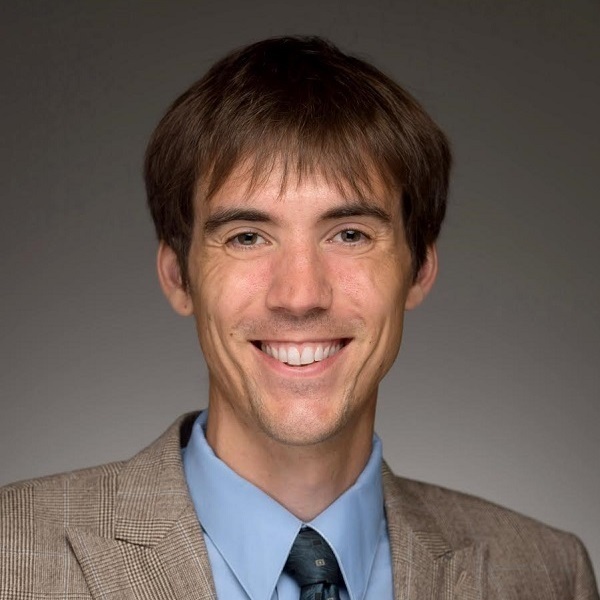
David Phillips
David is a Research Professor of Economics with the Wilson Sheehan Lab for Economic Opportunities (LEO) at the University of Notre Dame. He collaborates with service providers to measure the differences their services make in the lives of their clients and in the fight against poverty. For each project, David leads the academic side of the partnership and helps design the research evaluation, implement it, and analyze the data. He received his BA in Economics and Mathematics from Butler University and his PhD in Economics from Georgetown University. David specializes in housing, criminal justice, transportation, and low-wage labor market research.
Research areas: Education, Literacy, Vocational Training; Water and Hygiene Promotion; Environmental Issues / Sustainable Development; Microenterprise Development / Entrepreneurship; Behavioral Economics and Psychology; Agriculture and Rural Households; Food Security; Disaster Settings, Aid, and Relief; Cash or In-Kind Transfers
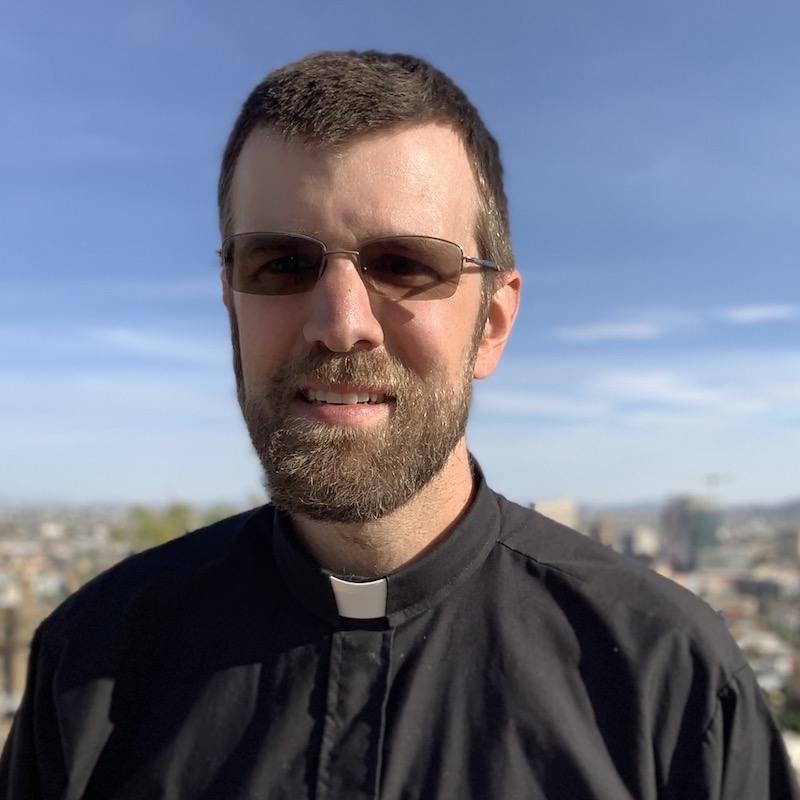
Rev. Stephen Pitts, SJ
Stephen is a Roman Catholic priest and member of the US Central Southern Province of the Society of Jesus (Jesuits). Undergraduate degrees in math and computer science and pastoral experience working with migrants on the US/Mexico border and indigenous coffee farmers in Chiapas led him to economics, where he is interested in agricultural development and labor economics. At present he is a PhD Candidate in Applied Economics at the University of Minnesota, working on a Job Market Paper on the long-range effects of NAFTA on the Mexican countryside. As a priest, he continues to serve Spanish-speaking communities.
Research areas: Labor and Migration; Environmental Issues / Sustainable Development; Experimental Economics; Agriculture and Rural Households; Food Security
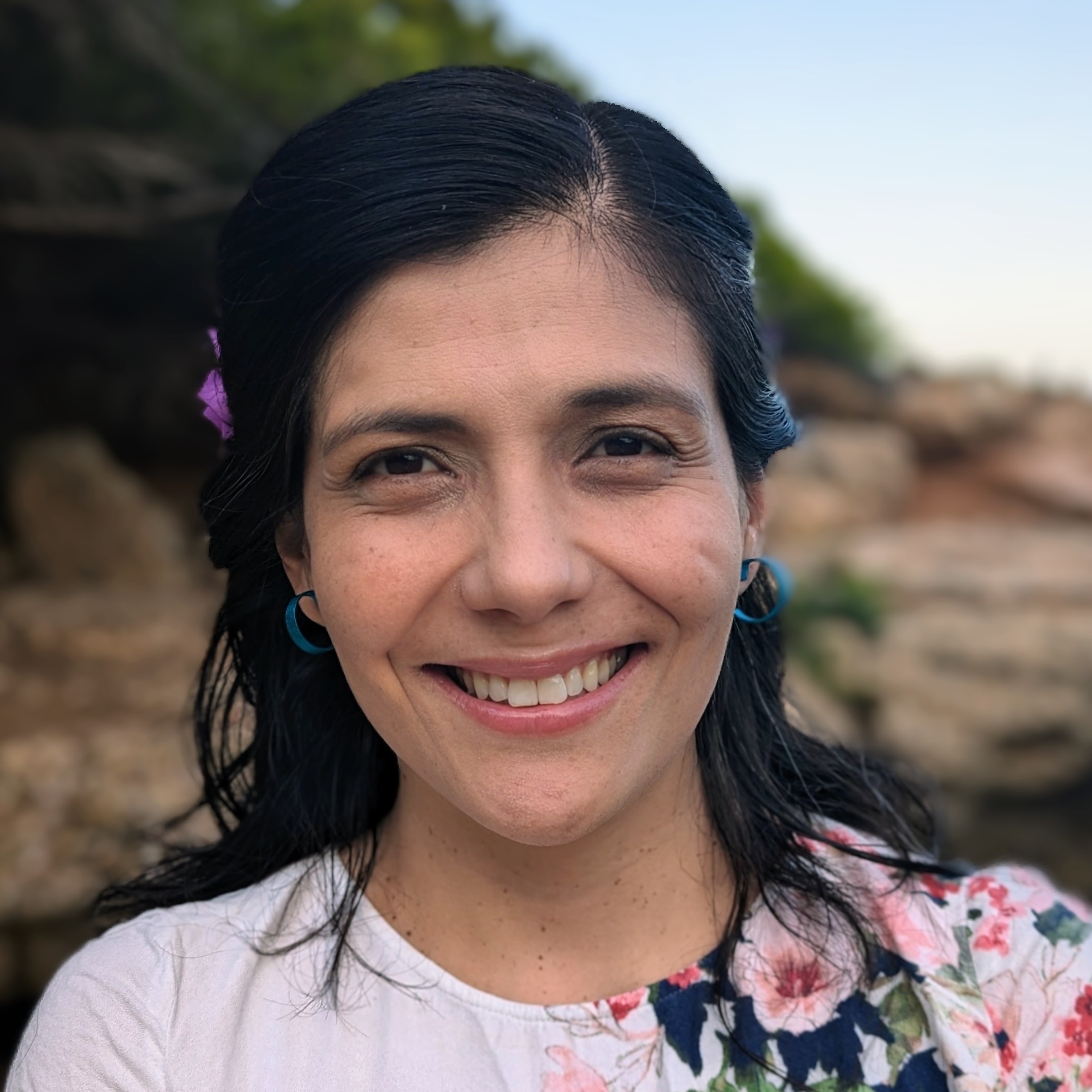
Sandra Polanía-Reyes
Sandra (PhD Econ University College London, PhD Political Economy University of Siena) is an Associate Professor of Economics at the University of Navarra in Spain. Her fields are development economics, experimental and behavioral economics. In her work, she applies lab and field experimental methods to the study of prosocial behavior, leadership, and governance. Sandra is a consultant for the Conference of Catholic Bishops and Caritas in Colombia on issues related to extractives, peace building and integration, migration, and the culture of life.
Research areas: Education, Literacy, Vocational Training; Experimental Economics; Cash or In-Kind Transfers; Experimental Economics; Culture and Identity; Behavioral Economics and Psychology; Migration
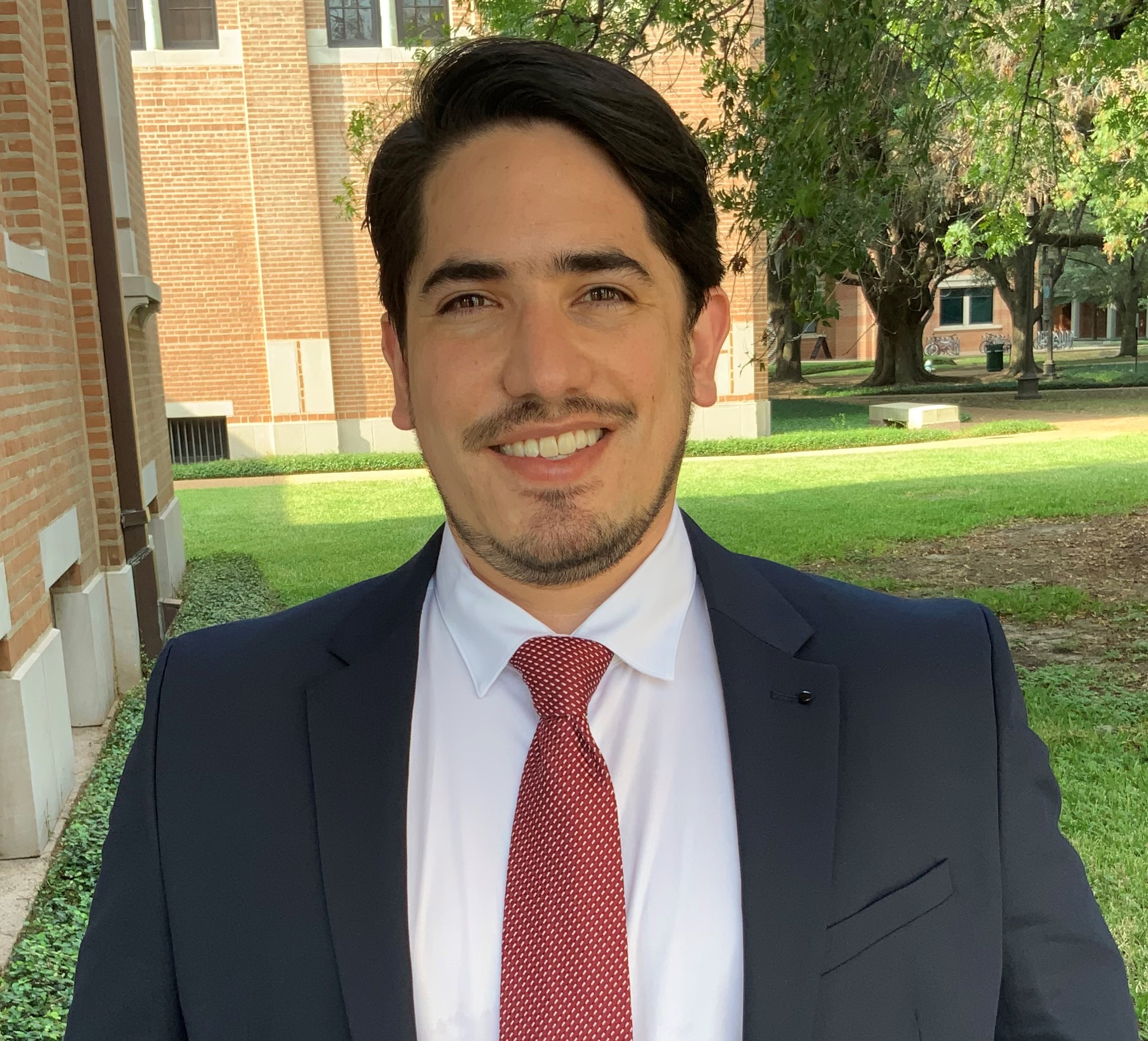
Daniel Prudencio
Daniel is an Assistant Professor in economics at Tecnológico de Monterrey in Mexico City, and a nonresident scholar at the Center for the United States and Mexico at Rice University's Baker Institute for Public Policy. His research interests include the economics of education and the intersection of applied industrial organization and development economics. His education research focuses on the importance of socio-emotional skills in child development, the development of student educational choices and aspirations, and the impact of Compassion International — an international child sponsorship program — on educational outcomes.
Research areas: Labor and Migration; Education, Literacy, Vocational Training; Behavioral Economics and Psychology; Disaster Settings, Aid, and Relief
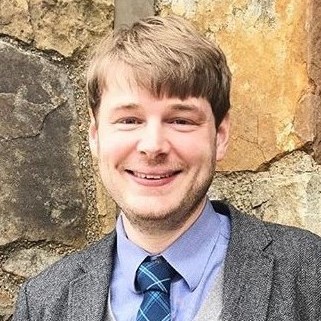
John Rush
John is Associate Professor of Economics at Covenant College where he teaches development and international economics as well as research methods. His published work is on the impact of natural disasters on education. His research interests include development in the context of natural disasters and monitoring and evaluation in the context of small faith-based development NGOs supporting diverse interventions. He is a member of the American Economic Association and the Association of Christian Economists.
Research areas: Education, Literacy, Vocational Training; Health and Nutrition; Development NGO Operations; Disaster Settings, Aid, and Relief
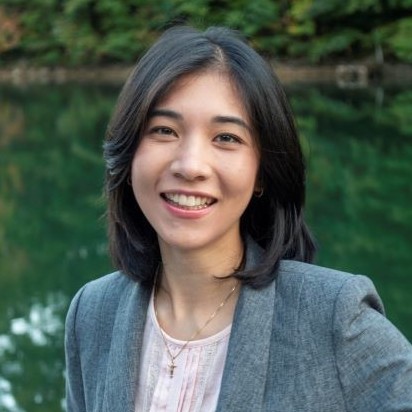
Doris Suzuki Esmerio
Doris is a Data Scientist at Compassion International's Monitoring, Evaluation, Research and Learning (MERL) department. She has experience consulting with World Vision and Vision Fund International on research projects in the areas of Education and Microfinance, as well as providing pro-bono consultations on M&E needs for other Christian NGOs. She is also a collaborator at the Christian in AI (CHAI) Global group. Doris holds a Master of Science in Economic Analytics from Clemson University, USA, and a Bachelor of Science in Economic Science from the University of São Paulo, Brazil. Her love for children led her to be involved in her local community with outreach to foster children and also ministry to Brazilian immigrant children.
Research areas: Education, Literacy, Vocational Training; Microenterprise Development / Entrepreneurship; Behavioral Economics and Psychology; Culture and Identity; Development NGO Operations
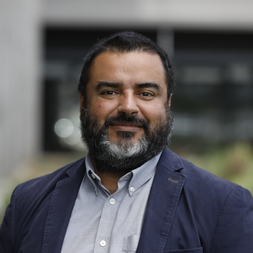
José Tessada
José is Chair of the Escuela de Administración of the Pontificia Universidad Católica de Chile (UC Chile) since 2018 and Associate Professor since 2015, and a Faculty Affiliate of JPAL. Before joining UC Chile in 2010 he worked in The Brookings Institution. His main areas of research are household finance and labor economics. He holds a BA and a MA in Economics from UC Chile and a PhD in Economics from MIT.
Research areas: Labor and Migration; Microenterprise Development / Entrepreneurship; Technology Adoption
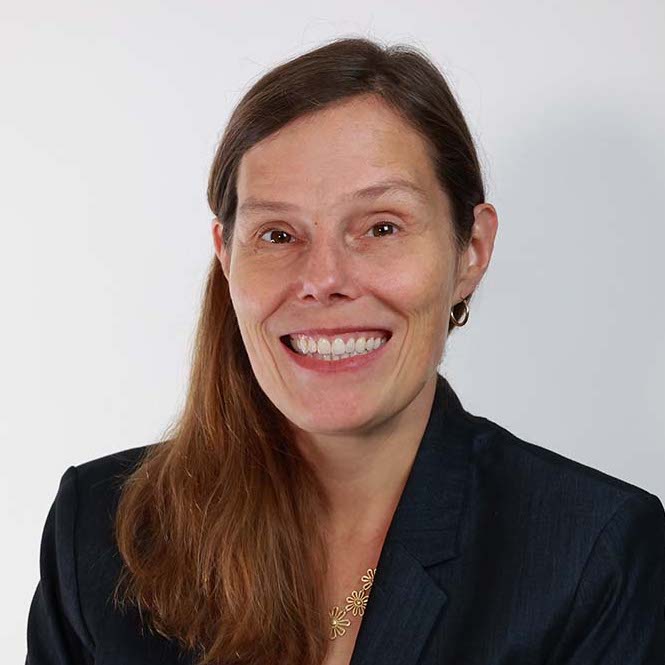
Rebecca Thornton
Rebecca is a Professor in the Department of Economics at the University of Notre Dame. Prior to that, she was the Herman Brown Chaired Professor of Economics in the Hankamer School of Business at Baylor University. Dr. Thornton was an Associate Professor at the University of Illinois at Urbana-Champaign and an Assistant Professor at the University of Michigan in the Department of Economics and Population Studies Center. Dr. Thornton’s research focuses on health, education, and gender. Dr. Thornton has led studies across the world collecting longitudinal data and conducting field experiments to understand core issues within Economics, including the role of subjective beliefs and information in decision-making and how social networks influence behavior and beliefs.
Research areas: Education, Literacy, Vocational Training; Health and Nutrition; Gender Issues;Experimental Economics; Culture and Identity; Survey Methodology, Economics of Religion
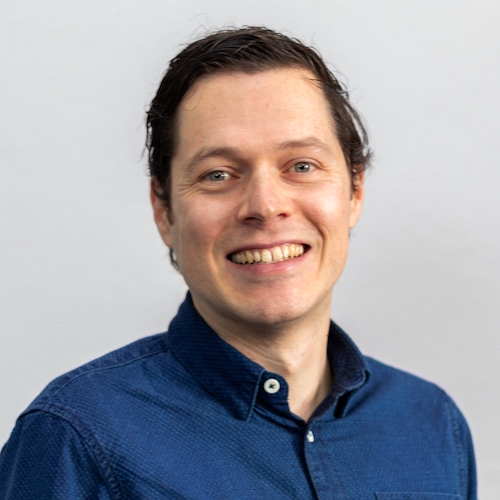
Mark Treurniet
Mark is an Assistant Professor at the Faculty of Economics and Business of the University of Groningen in the Netherlands. His field of research is development economics, and he enjoys building partnerships to jointly study the impact of development interventions. Current themes in his research include hope, child development and women empowerment. He has conducted projects in Indonesia, Kenya and Rwanda, and is currently working on projects in the Philippines, Vietnam, Bangladesh and Uganda.
Research areas: Education, Literacy, Vocational Training; Gender Issues; Experimental Economics; Behavioral Economics and Psychology; Culture and Identity
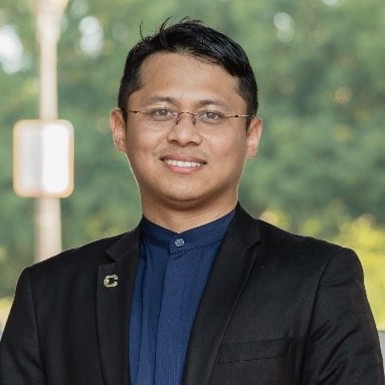
Carl Ureta
Carl is a Sr. Climate Change Adaptation Specialist at Compassion International. His role focuses on developing a predictive capacity to assess the climate impacts to church and children’s communities and designing interventions to be climate resilient and environmentally sustainable. His expertise includes geospatial analytics, econometrics, ecosystem services modeling, and conservation planning. He obtained his Doctor of Philosophy in Forest Resources with a specialization in Ecological Economics from Clemson University, Master of Science in Environmental Science, and Bachelor of Science in Economics from University of the Philippines with specialization in Environmental and Natural Resource Economics.
Research areas: Water and Hygiene Promotion; Environmental Issues / Sustainable Development; Agriculture and Rural Households; Food Security; Disaster Settings, Aid, and Relief
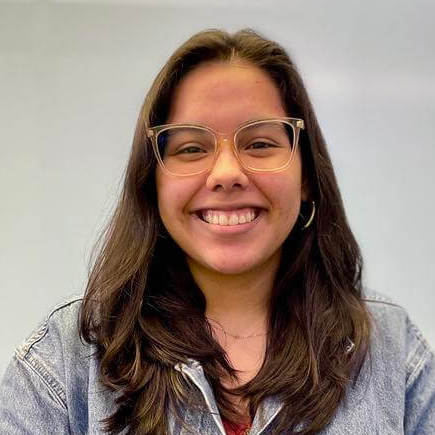
Helen Vasquez Ramos
Helen is entering a doctoral program in economics at the University of Wisconsin-Madison after graduating from Fairfield University in 2023. Originally from Guatemala, Helen has a particular interest in development economics, economic policy, and behavioral economics. She would like her research to aid in the creation of economically sound and effective policies that truly help people develop their communities using their own resources in a sustainable way, while addressing issues like extreme poverty and lack of health infrastructure.
Research areas: Labor and Migration; Environmental Issues / Sustainable Development; Experimental Economics; Behavioral Economics and Psychology; Culture and Identity; Development NGO Operations
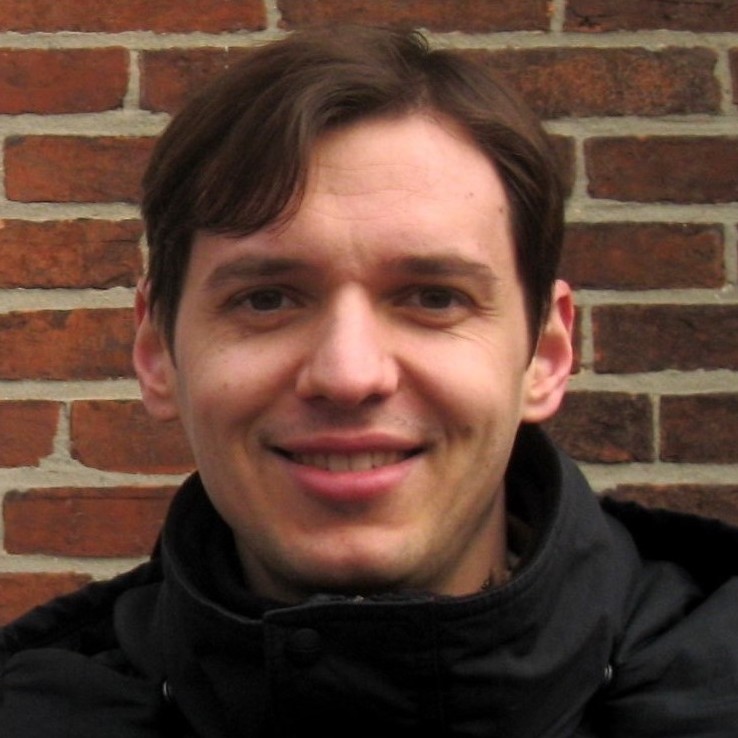
Razvan Vlaicu
Razvan is a senior economist in the Research Department at the Inter-American Development Bank. His research interests are in public economics and political economics, with a focus on the role of governance and institutions in economic development. He received his Ph.D. in Economics from Northwestern University, taught economics at the University of Maryland, and held short-term positions at the Kellogg School of Management and the World Bank. His research has been published in journals such as the Review of Economic Studies, American Political Science Review, Journal of International Economics, and Journal of Public Economics.
Research areas: Behavioral Economics and Psychology; Political Economy; Household Finance
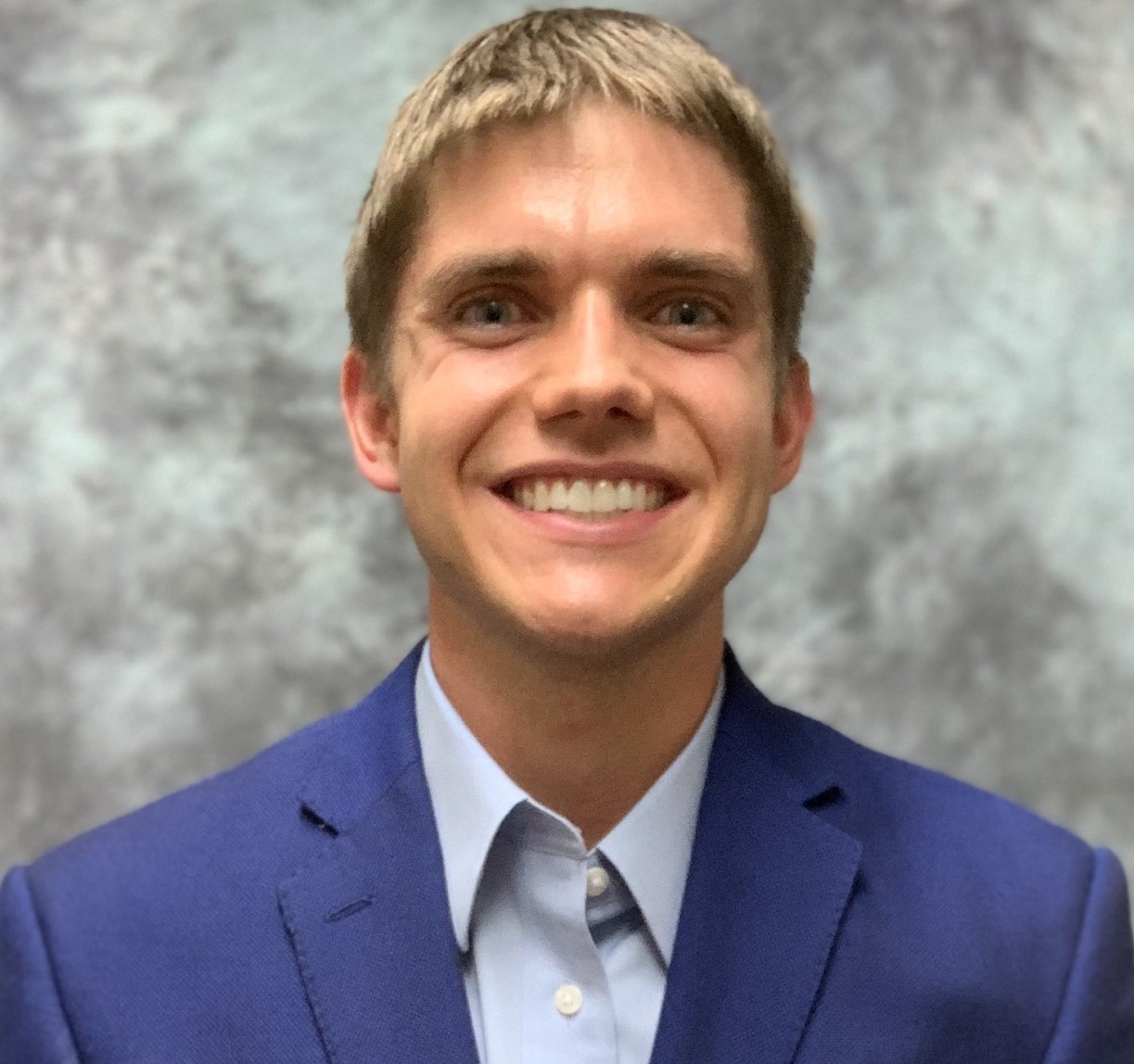
Kyle Zimmerschied
Kyle is an Assistant Professor of Finance at the University of Arkansas and a Research Consultant with the Federal Reserve Bank of Chicago. His research spans household finance, public finance, and private capital markets. He is interested in collaborating with private businesses and local government to understand the impacts of their programming on improving financial outcomes. He completed his Ph.D. in Finance at the University of Missouri.
Projects
Child Migration and Mental Health
Project PI(s): Daniel Prudencio
Evaluating the Spiritual First Aid Intervention: A Randomized Trial in Ukraine
Project PI(s): Patrizio Piraino, Jamie Aten, Bruce Wydick, Kent Annan, Chris Barrett, and Ange Kakpo
Partner: Hope International
Catholic Schools in Poor Areas
Project PI(s): Emily Conover and Alejandro Estefan
Compassion International’s Child Survival Program
Project PI(s): Bruce Wydick and Paul Glewwe
Legal Advocacy for the Poor
Project PI(s): Katie Bollman and Chris Ahlin
The Impact of Clubfoot Intervention on Children's Life Outcomes: Evidence from Hope Walks in Ethiopia
Project PIs: Bruce Wydick and Patrizio Piraino
Partner: Hope Walks
Preventing Intergenerational Incarceration: A Study of the Faith-Based Camp Hope Program
Project PIs: David Phillips and Bruce Wydick
Partner: Kids2Leaders
Project PI: Rebecca Thornton
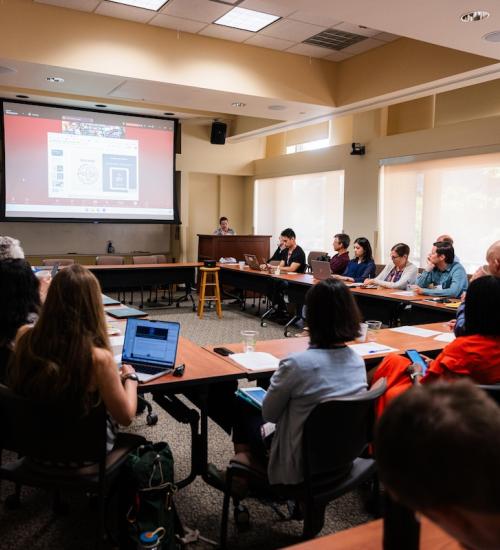
Practitioners interested in partnership with CEIDS, please complete the following short survey: CLICK HERE
CEIDS is actively building partnerships with faith-based development organizations working in low and middle-income countries and domestically. The purpose of these partnerships is to try to bridge the gap between the large body of research in development economics and related fields and the needs and concerns of faith-based development practitioners. Our partnership with development NGOs includes support in the following areas:
- Research Partnerships: In a research partnership, CEIDS affiliates carry out research projects related to the work of a practitioner organization. In partnership with the organization, funding for the work is obtained externally to avoid conflicts of interest. Research findings are then typically shared with the larger community through publication in academic journals.
- Commissioned Review Papers: These are papers that are commissioned by CEIDS to review the scientific research in a given intervention area (such as microenterprise development, sanitation and hygiene, education, responses to climate change, etc.) that may be of particular interest to faith-based development organizations and in a way that is helpful to organizations for adopting best practices.
- Consulting Conversations: CEIDS affiliates have expertise in a wide array of sub-fields in economic development and development practice. Affiliates are available for online pro-bono conversations and meetings with faith-based development organizations who would like to consult with an affiliate on issues related to best practices in an area based on new research, methods of program evaluation, equipping of internal monitoring and evaluation personnel, and other issues of concern.
- Certificate Program in Social Impact Analytics: In conjunction with the University of Notre Dame and the University of San Francisco, CEIDS is in the process of developing an on line certificate program in Social Impact Analytics. The certificate program would take students through a sequence of six seven-week classes over a calendar year, beginning with an introduction to statistics through the more advanced econometrics of program evaluation, equipping graduates with the most modem techniques for assessing development program impacts. Plans are for the program to begin in January 2025.

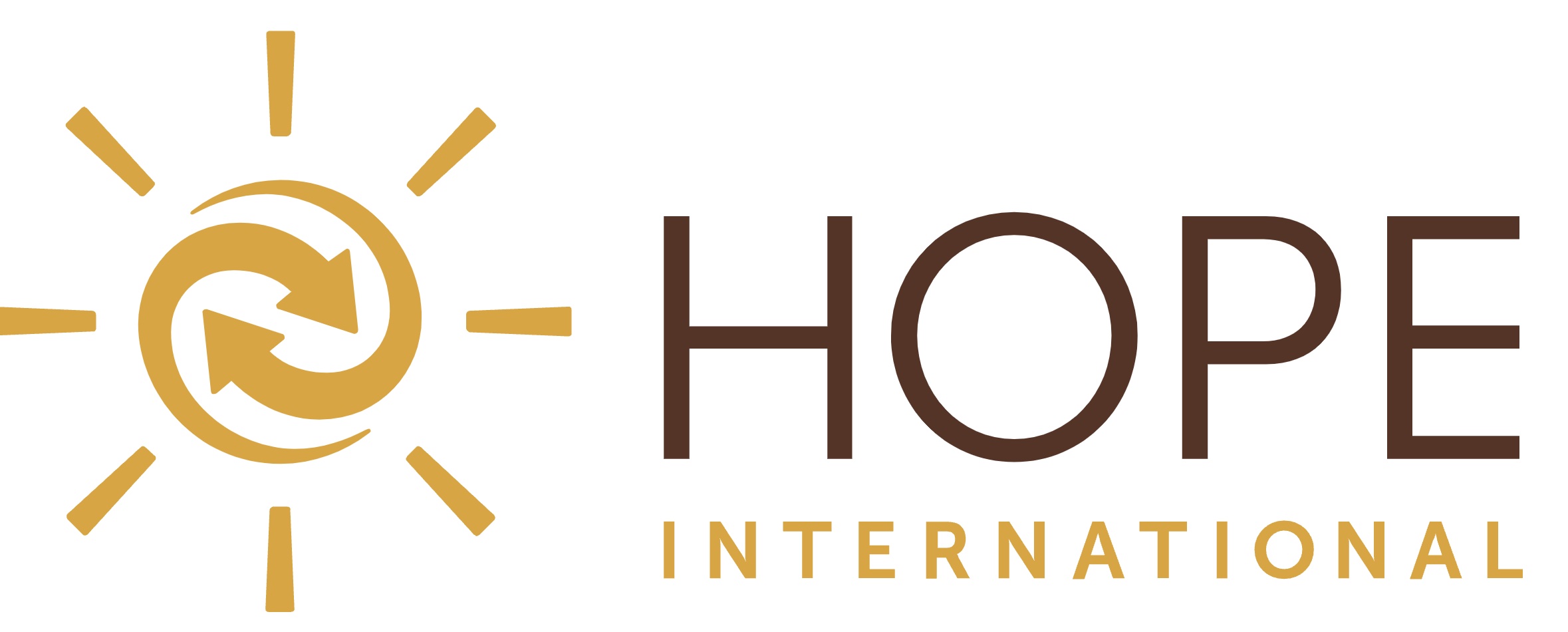



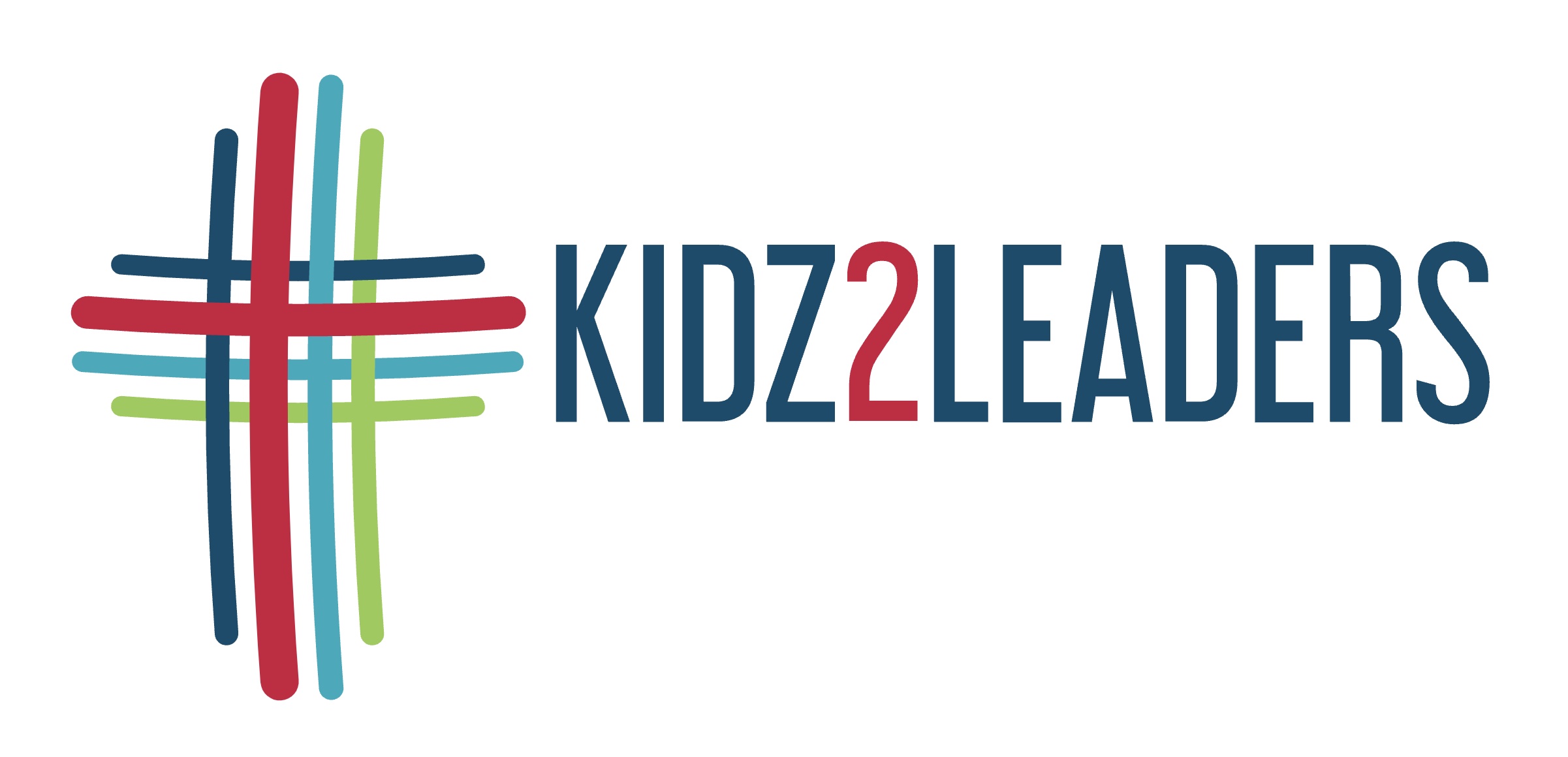
Commissioned Review Papers
-
The Effectiveness of Education Interventions in Developing Countries: A Literature Review for Christian NGOs
Kelsey Daniels, Paul Glewwe, and Doris Suzuki
In Process:
-
The Role of Agriculture in Integral Development
Jeffrey R. Bloem, International Food Policy Research Institute (IFPRI) and Ange Kakpo, Seattle Pacific University -
Promoting Literacy: Best Practices for NGOS
Project PI(s): Paul Glewwe, University of Minnesota and Doris Suzuki Esmerio, World Vision International -
Adjusting Programs in Response to Climate Change
Project PI(s): Kate Bryant, Westmont College
Join Us
Research Working Groups
The CEIDS coordinates research groups, often consisting of several members in a research collaboration related to a research project within the scope and mission of the collaborative. We particularly encourage collaborations among researchers that seek to improve the effectiveness of faith-based development organizations. Some research groups are centered around the development of commissioned reviews that are targeted specifically at the faith-based development community to try to bridge the gap between the latest evidence from randomized controlled trials and other rigorous empirical research studies and development practice.
Biweekly Friday Research Seminars
CEIDS hosts an online seminar that meets every 1st Friday at 1pm and every 3rd Friday at 3pm (Eastern time). Our Friday seminars comprise a virtual space in which we share community announcements and hear research presentations from CEIDS affiliates and members in an open atmosphere that fosters constructive, encouraging, and helpful dialogue. Seminars are scheduled for 60 minutes, but extend afterwards for informal discussion between presenters and participants. Please contact Maurice Sikenyi at Notre Dame for a zoom link to the Friday seminar.
Mentoring Groups
The CEIDS coordinates mentoring groups where senior members lead or co-lead mentoring groups that meet on a regular and fixed time interval. These mentoring groups are designed to create spaces where CEIDS members can build community together and help and encourage one another professionally and personally and in ways that they can more deeply integrate their professional and spiritual lives.
For all inquiries regarding CEIDS or the work of the collaborative, contact Maurice Sikenyi.
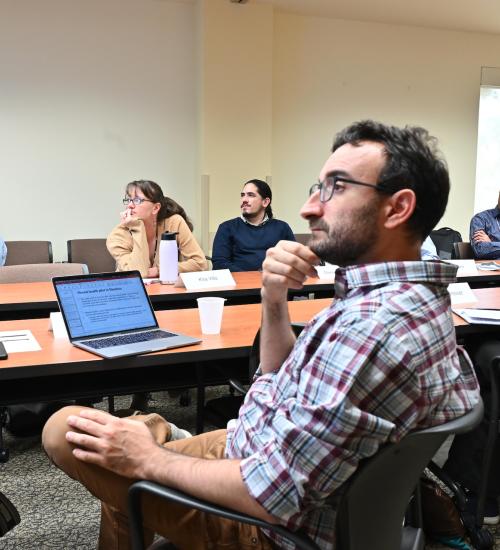
Events
CEIDS Annual Workshop-2025 - Researchers and Practitioners Together
Monday-Wednesday, June 2-4, 2025
CEIDS Annual Workshop-2024 - Holistic Measurements of Integral Human Development
Monday-Wednesday, August 12-14, 2024
More Info
Research Seminar: 1st (1pm EST) and 3rd (3pm EST) Fridays each month
Seminars Fall 2023:
- Friday, September 1 at 1:00pm: Singumbe Muyeba, University of Denver, "Why Do Regions with the Largest Slum Populations Receive the Least Financing for Slum Upgrading?"
- Friday, September 15 at 3:00pm: TJ D'Agostino and Danice Guzman, University of Notre Dame, "Explaining Variation in Treatment Effects: An Impact Evaluation and Mixed Methods Study of Variation in Early Grade Reading Program Effects from Haiti"
- Friday, October 6 at 1:00pm: Travis Lybbert, UC Davis, "Religiosity and Educational Attainment Among the Roma: Shedding an Oppositional Identity?"
- Friday, October 20 at 3:00pm: Sandra Polanía-Reyes, University of Navarra, "Overcoming Empathy Failures to Improve Prosocial Behavior Towards Migrants: Evidence from a Media Intervention"
- Friday, November 3 at 1:00pm: Muchin Bazan Ruiz, Centers for Disease Control, "To Inspire and to Inform: The Role of Role Models"
- Friday, November 17 at 3:00pm: Razvan Vlaicu, Inter-American Development Bank, "Child Labor, Rainfall Shocks, and Financial Inclusion: Evidence from a Household Panel"
- Friday, December 1 at 1:00pm: Jeanne Lafortune, PUC-Chile, "Improving Workers' Safety in Brazil"
- Friday, December 15 at 3:00pm: Scott Cunningham, Baylor, "Predicting and Preventing Suicide in Correctional Facilities"
Mentoring Group: Various times, please inquire.
CEIDS Annual Workshop-2023
Thursday-Saturday, June 8-10, 2023
The Ford Program in Human Development Studies and Solidarity will convene a multi-day workshop on behalf of the Collaborative for Econometrics and Integrated Development Studies (CEIDS). This second annual workshop will take place at the University of Notre Dame on Thursday-Saturday, June 8-10, 2023. The workshop theme will be “Measuring Holistic Outcomes,” featuring a series of papers related to approaches to measure social, psychological, and spiritual outcomes in impact evaluation work. The retreat brings together a diverse group of scholars from multiple disciplines; economists, psychologists, theologians, policy experts, and development practitioners. The CEIDS Network is a virtual research community whose mission is to serve as an ongoing global collaborative of development researchers committed to partnering with faith-based global development organizations and supporting their mission and practice.





